During the Durga Puja immersion procession in early October, a communal clash between Hindus and Muslims broke out in the ancient city of Cuttack, Odisha. According to reports, around 40 shops were burnt down in Dargah Bazar, a predominantly Muslim locality, leading the administration to impose a curfew for several days and arrest more than a dozen people.
This marks the second instance of communal unrest under the incumbent BJP government, which came to power in 2024 after dislodging the BJD. The first communal clash under the new regime occurred in Bhadrak in September 2024.
The last time Cuttack saw such violence was in the aftermath of the Babri Masjid demolition in 1992, under the Biju Patnaik government. The latest incident bears an eerie resemblance to the pattern of riots unfolding in other parts of India, particularly in Uttar Pradesh and Maharashtra. Typically, the sequence begins with a religious procession passing through Muslim neighborhoods, followed by incidents of stone-throwing that escalate into full-blown communal violence.
Under Naveen Patnaik’s rule (2000–2024), there were episodes of communal unrest in Odisha — the anti-Christian violence in Kandhamal in 2008 and violence in Bhadrak, another Muslim-dominated area, in 2017. At that time, Mr. Patnaik headed a coalition government with the BJP as a partner. The Justice Naidu Commission, set up to investigate the Kandhamal violence, submitted its report to Mr. Patnaik in 2015, but this is yet to be tabled in the Odisha Assembly. But despite these episodes, Odisha has generally been regarded as a relatively peaceful State.
Odisha’s Muslim population is demographically insignificant — just over 2% — and is largely concentrated in clusters in cities such as Cuttack, Bhadrak, and Kendrapada. This may seem surprising given that Afghan rule reached Odisha as early as 1568; however, Mughal influence remained limited. Some historians argue that this historical factor partly explains the small Muslim population. Odisha’s colonial history was dominated instead by the Marathas, who established their rule in 1751. Fakir Mohan Senapati, the father of modern Odia literature, noted in his autobiography that Maratha rule was far more oppressive than that of the British.
Despite their small numbers, Muslims in Odisha have produced several leaders known for their secular politics. Sofia Firdous, the first Muslim woman elected to the Odisha Legislative Assembly in 2024, represents the Barabati constituency in Cuttack. She played an active role in restoring peace after the recent violence. The daughter of former Congress MLA Mohammad Moquim, she had been visiting Durga Puja pandals just hours before the clashes broke out. In earlier decades, Mustafiz Ahmad, another Muslim leader from Cuttack, served as a minister. Shaikh Matlub Ali, from the outskirts of Cuttack, served multiple cabinets and even built a Hindu temple in Khandol in Mahanga constituency. Habibulla Khan was elected to the Odisha Assembly nine times. Notably, during Mr. Patnaik’s 24-year tenure, the BJD never had a single Muslim MLA or Cabinet minister. The current BJP government, too, does not have any Muslim representation in the Assembly.
Chief Minister Mohan Charan attributed the latest incident to vested interests attempting to tarnish Odisha’s peaceful image. This explanation stands in contrast to the often-vitriolic rhetoric seen inStates such as U.P. and Maharashtra, where bulldozer justice has become symbolic of state response. Odisha has not yet seen such an administrative culture, which places the BJP government in the State on a somewhat different footing. Whether this distinction will endure remains uncertain, especially amid deepening social polarisation.
On the governance front, the Mohan Majhi administration has faced several challenges, ranging from women’s safety issues, to corruption allegations in the police recruitment process, to growing internal factionalism within the ruling party. Together, these factors make governance increasingly difficult. Whatever the government’s political credibility, it is undeniable that Odisha’s secular ethos has suffered a setback owing to the violence in Cuttack.
Shaikh Mujibur Rehman is the author of Shikwa-e- Hind: The Political Future of Indian Muslims (2024). Views are personal

 3 hours ago
4
3 hours ago
4
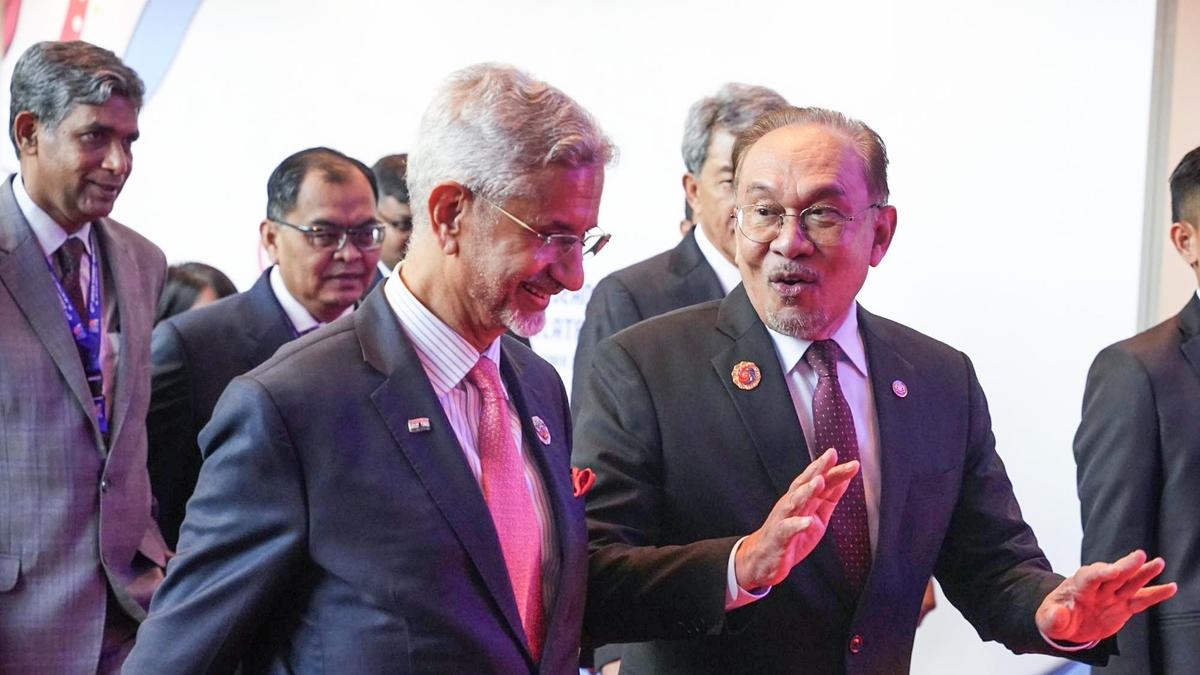
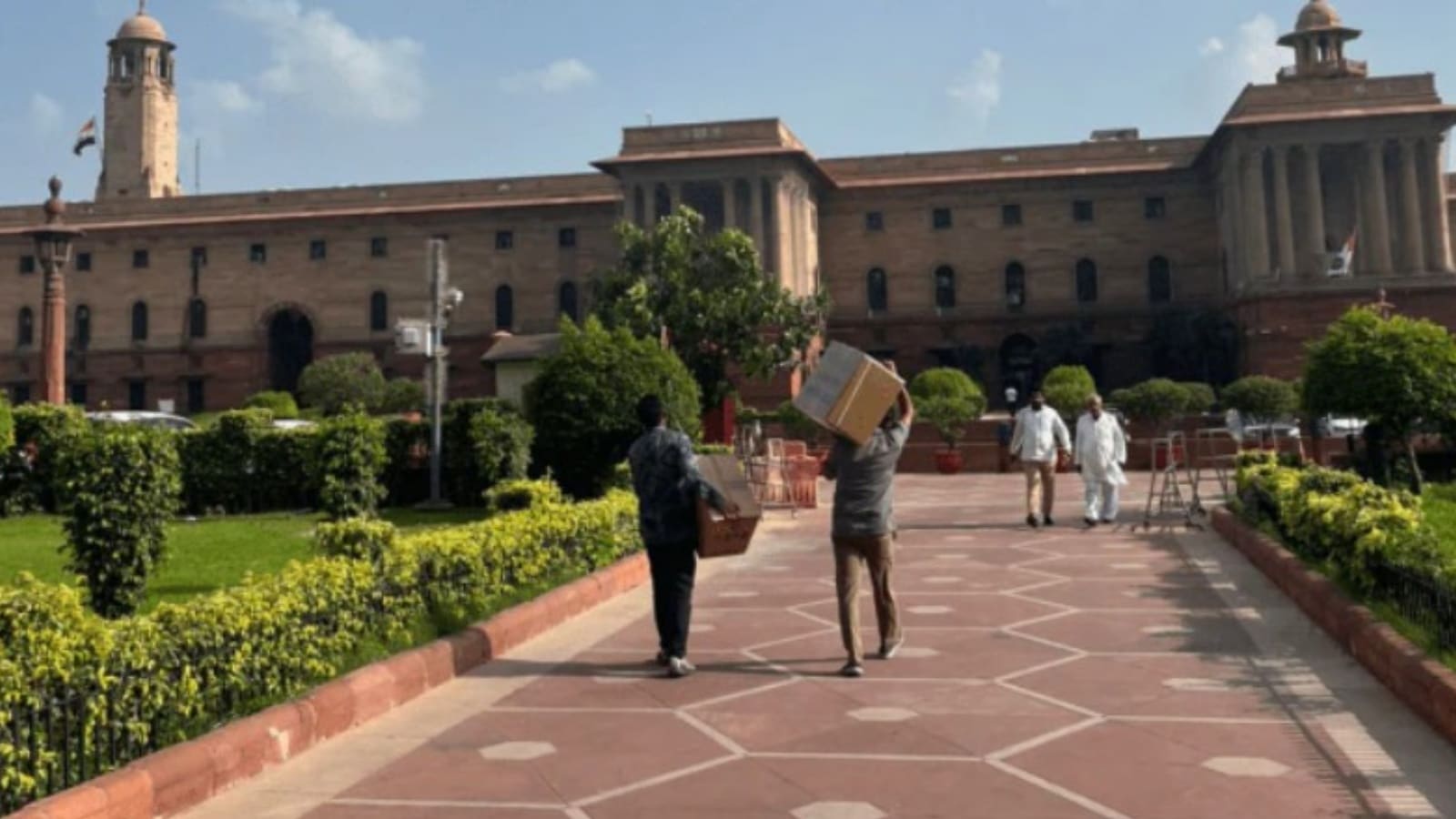
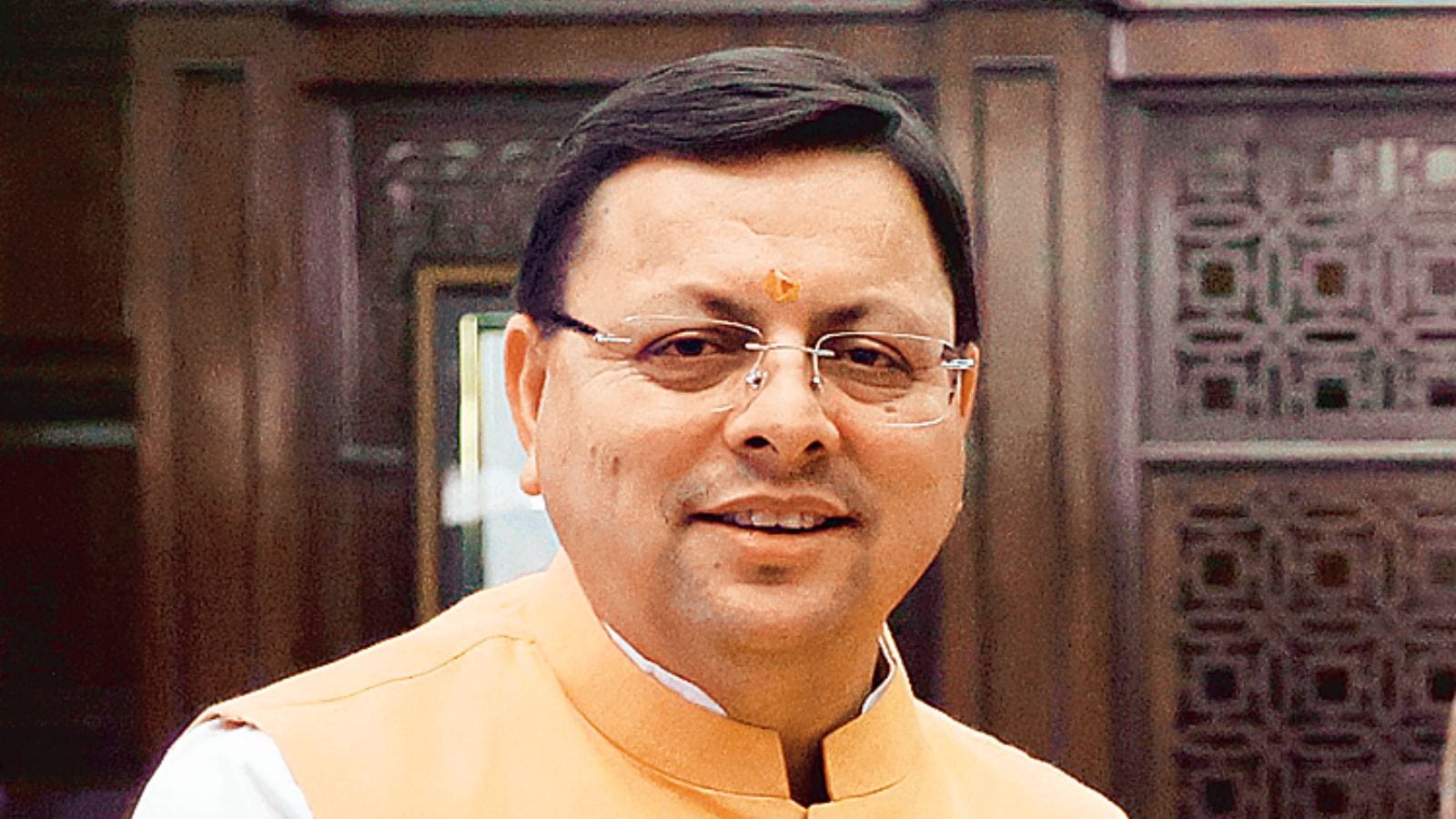



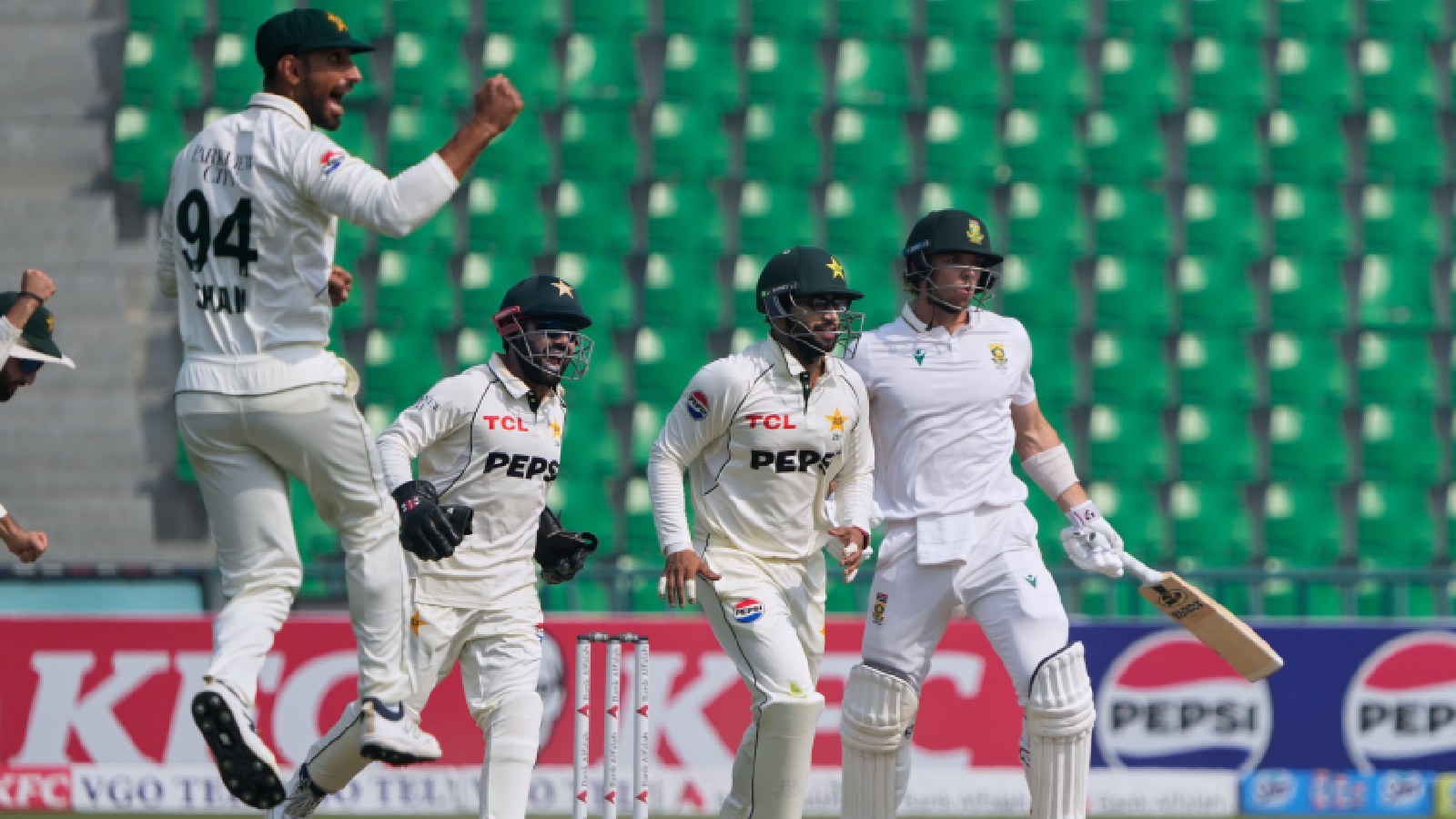
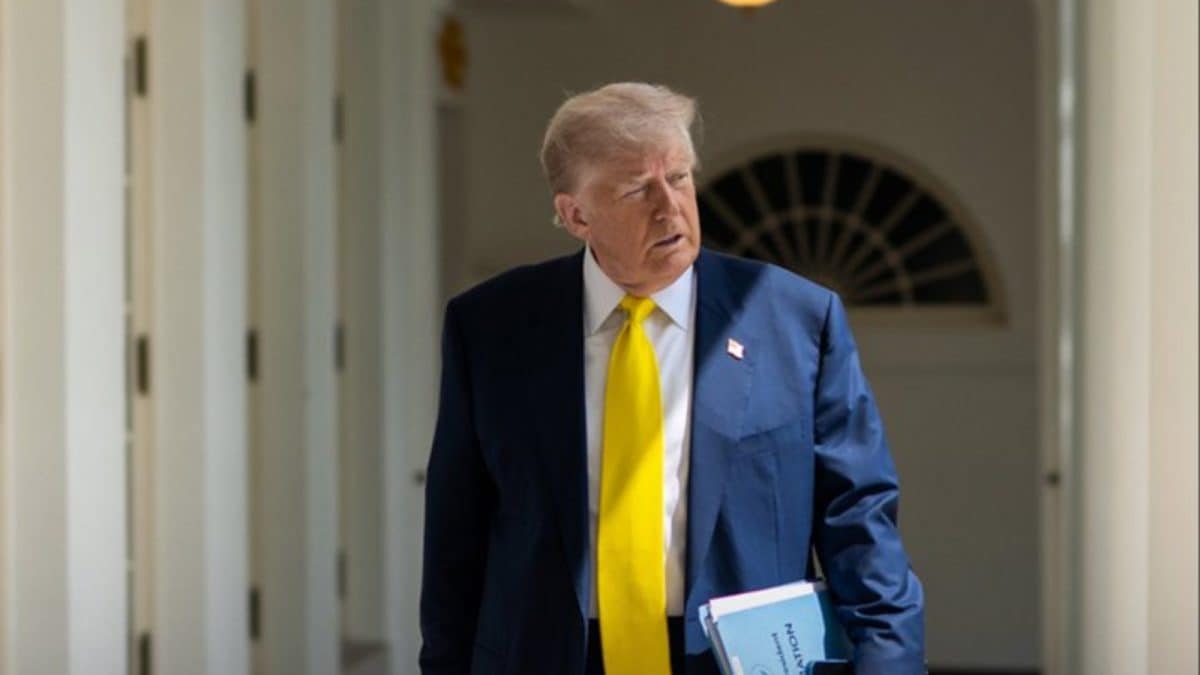
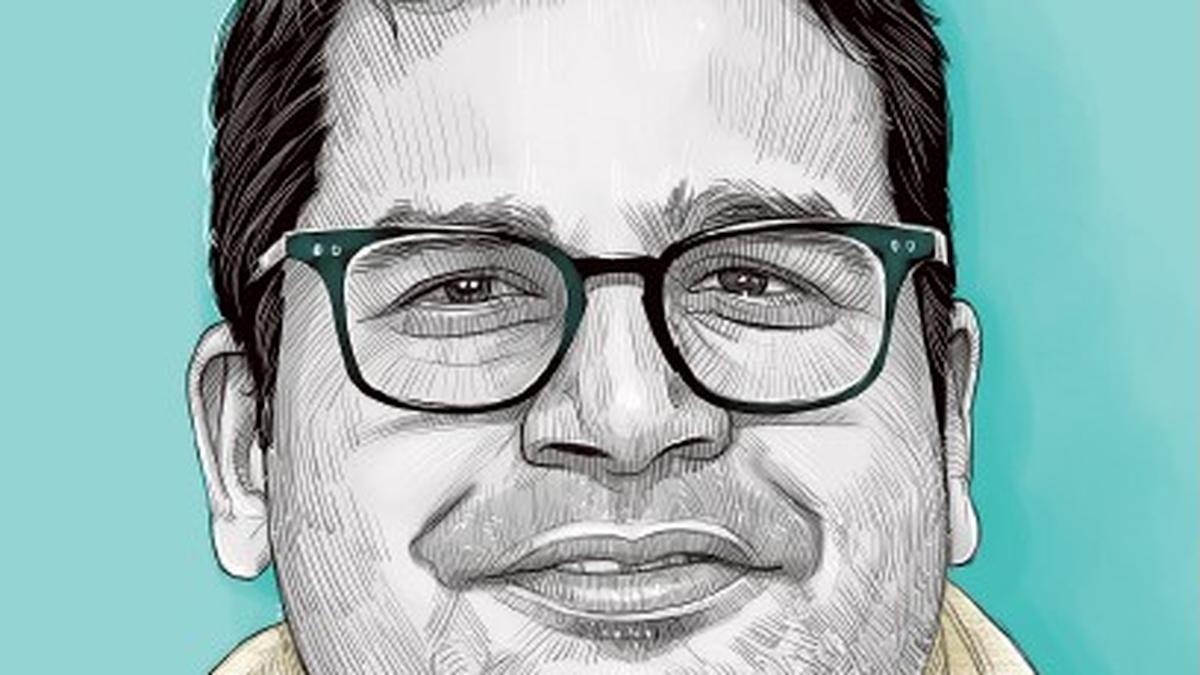
 English (US) ·
English (US) ·